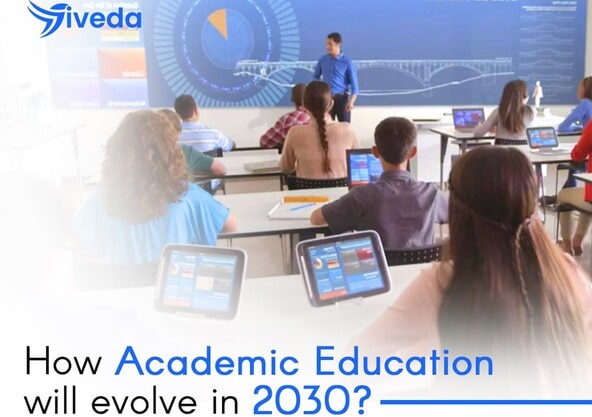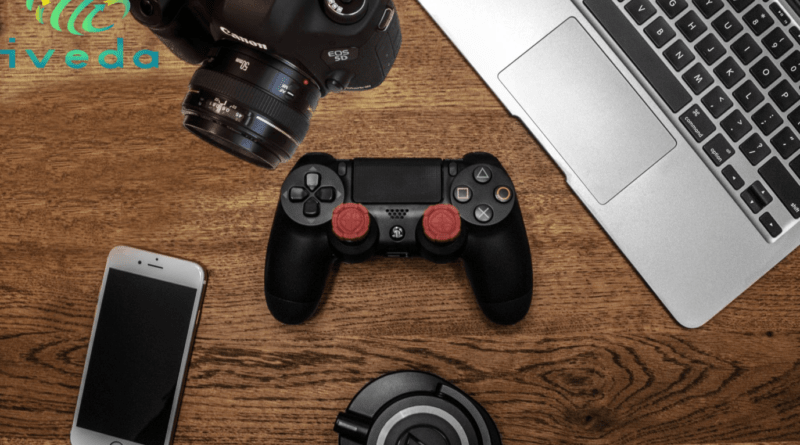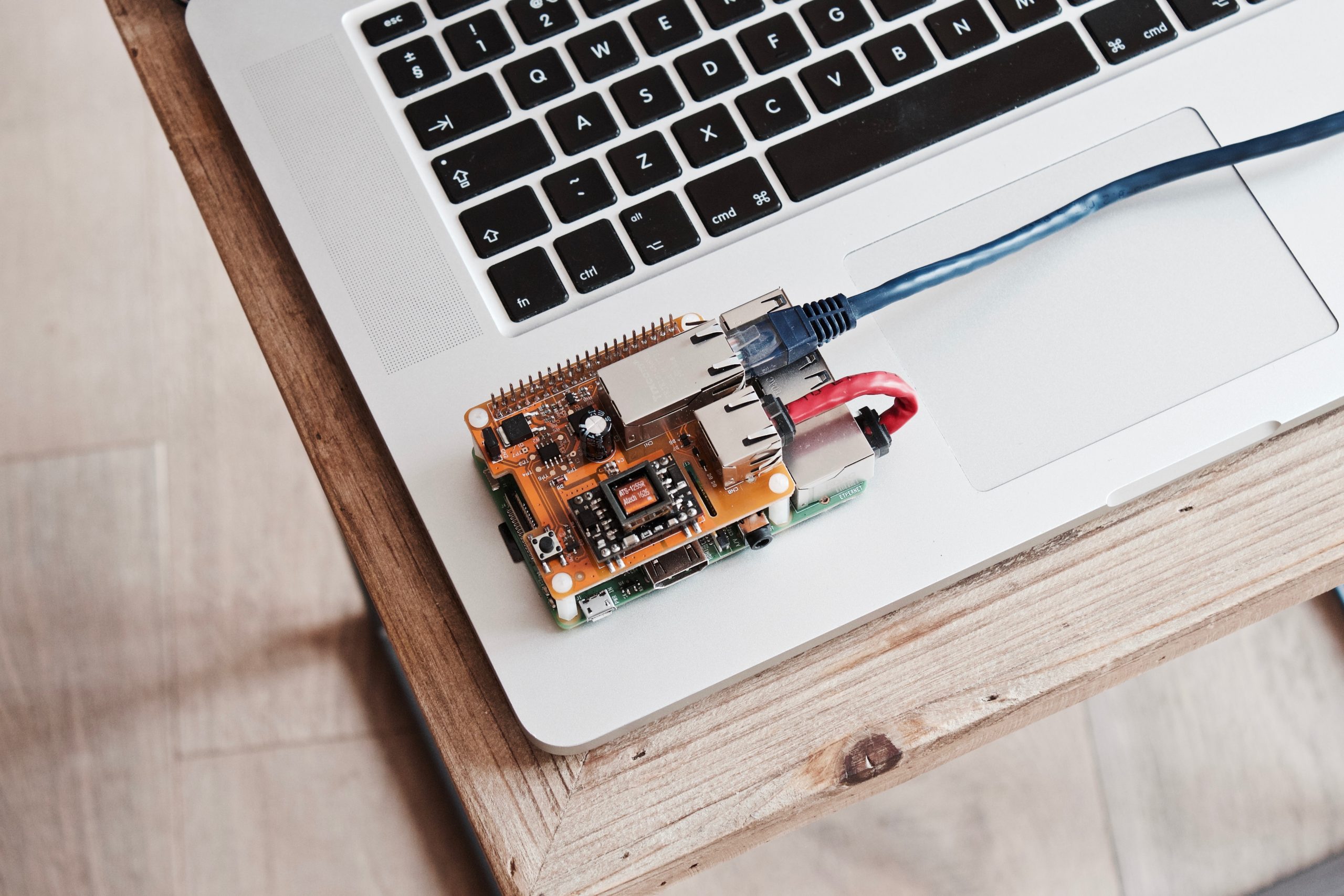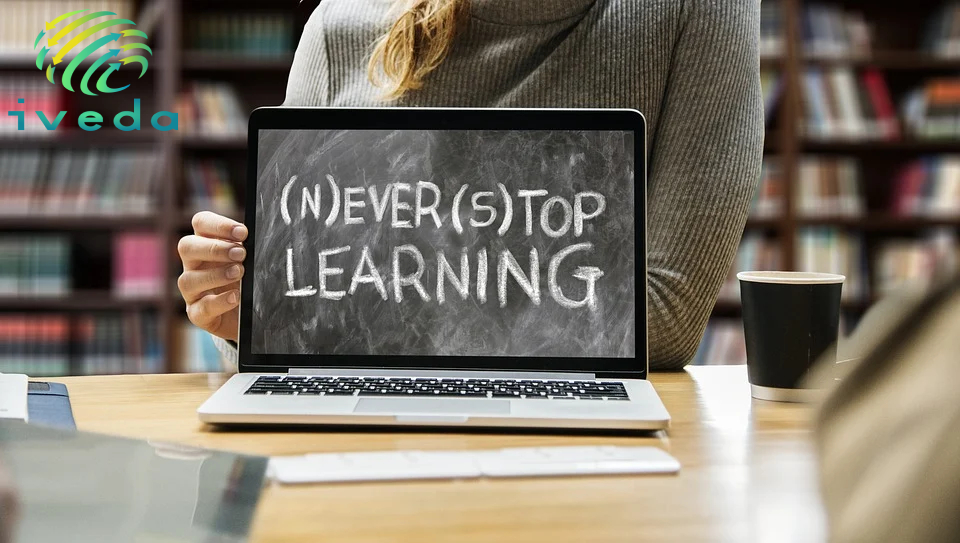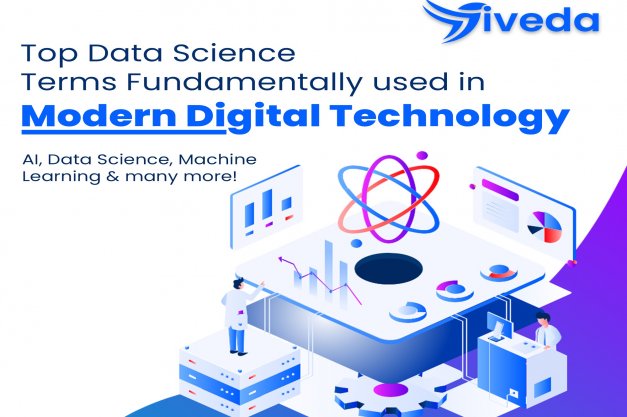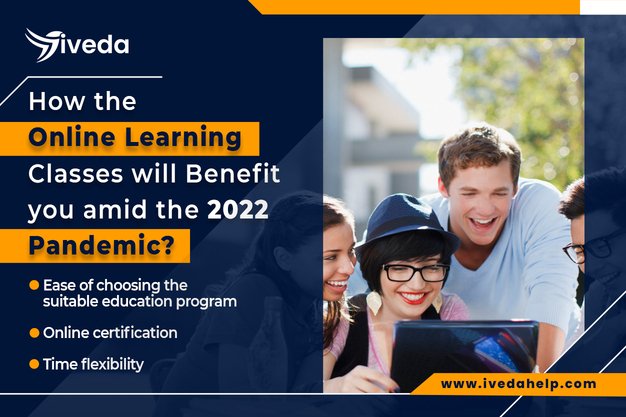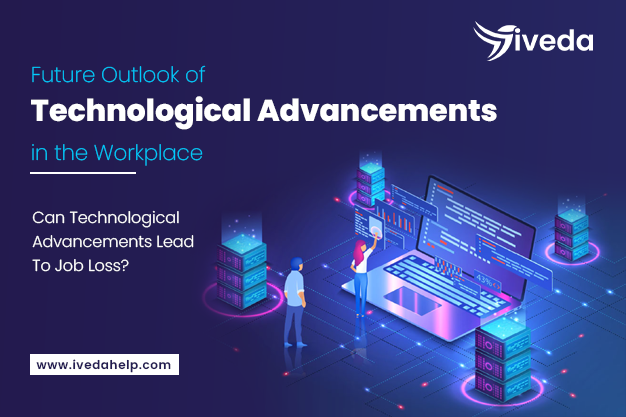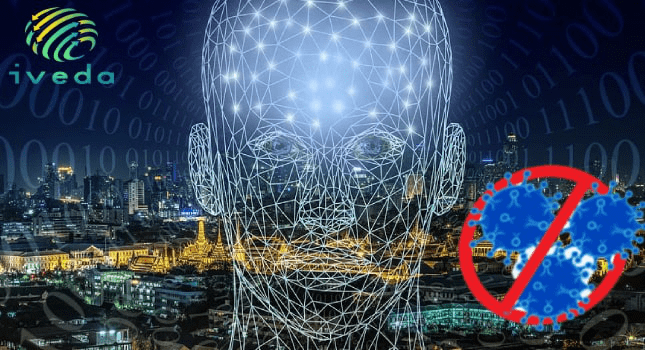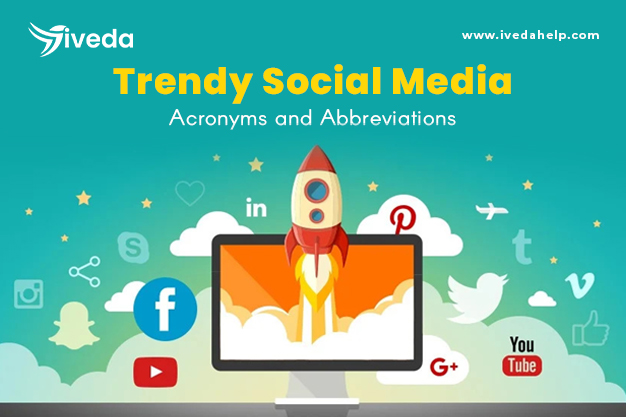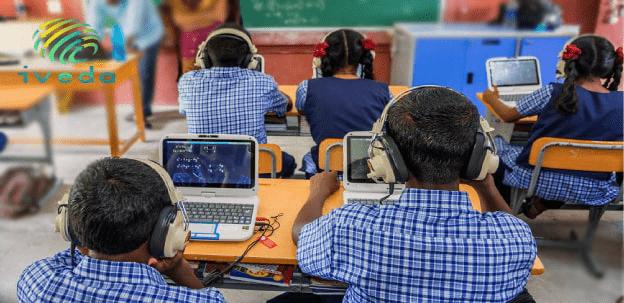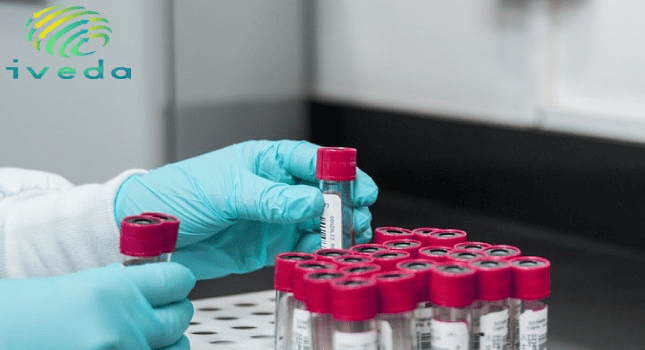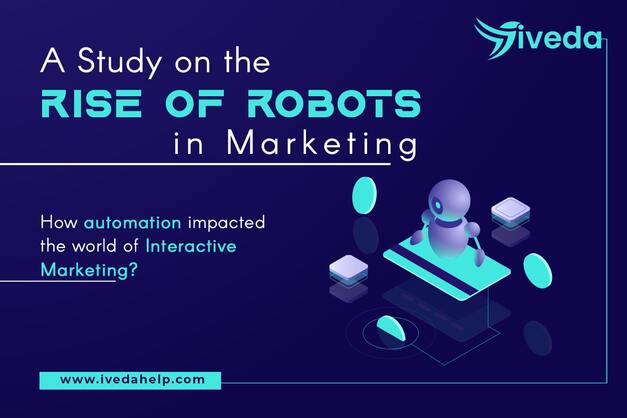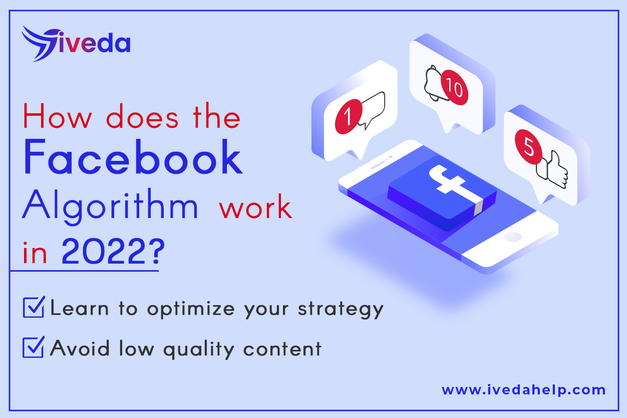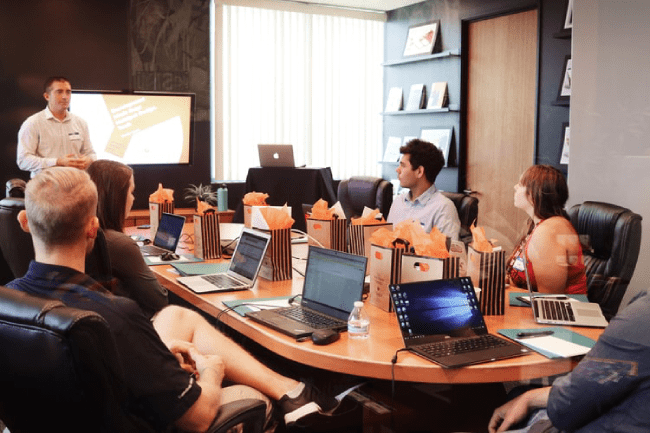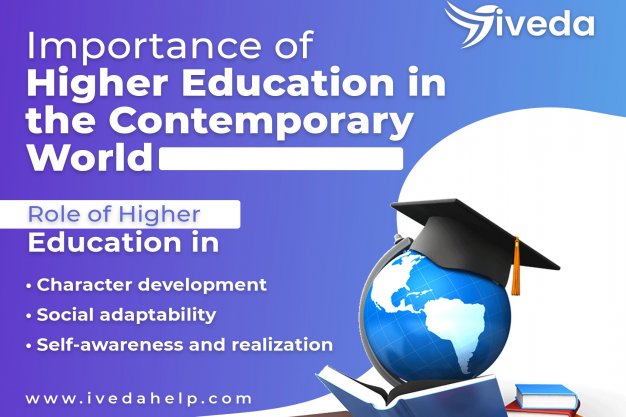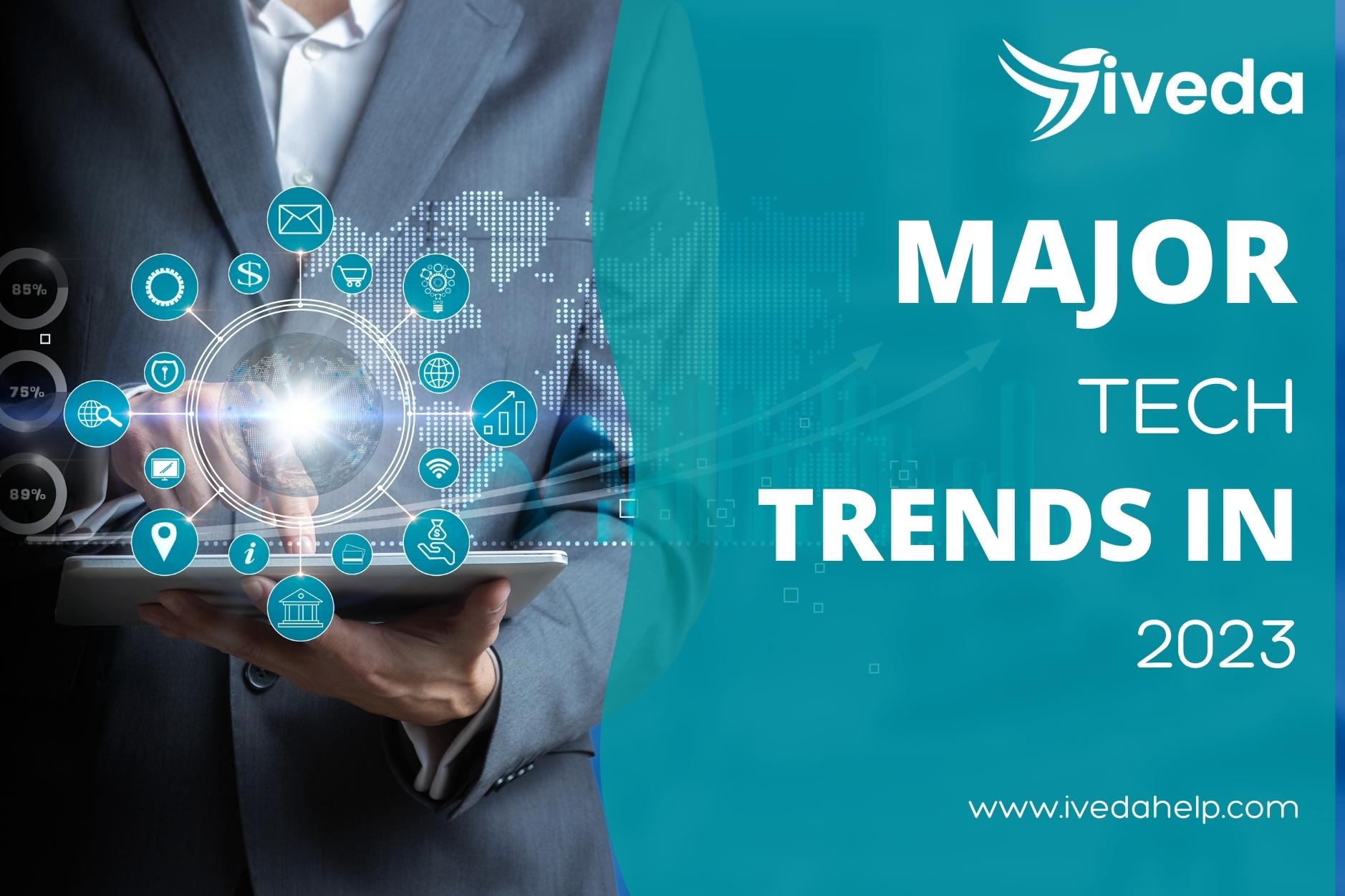How Academic Education will Evolve in 2030
he evolution of education has already started, and it is irrevocably thriving!
It is said that in order to monitor your progress, you need to look 10 years back and compare the changes you have made in your life so far. If we talk about the education field, there have been enormous changes made since the ages of using plant leaves as worksheets. Comparing those times with the present-day situation seem like a work of fiction where it is difficult to believe how primitive we used to be. The same thing will apply to our world in the next 10 years. Let us emphasize the future aspects of education and anticipate how academic education will evolve in 2030!
To understand the evolution of education so far, let us take a look at the global statistics taken from “Human capital in the long run” Journal of Development Economics, vol. 122, by Lee, Jong-Wha and Hanol Lee.
Average number of years of schooling so far
|
Country |
Mean years of Schooling (1950 stats) |
Mean years of Schooling (current stats) |
|
Germany |
6.7 |
14.1 |
|
United States of America |
8.1 |
13.4 |
|
Canada |
7.4 |
13.3 |
|
United Kingdom |
6.1 |
12.9 |
|
Australia |
7.9 |
12.9 |
|
Russia |
3.2 |
12 |
|
France |
4.3 |
11.5 |
|
South Africa |
3.8 |
10.1 |
|
Argentina |
4.6 |
9.9 |
|
Philippines |
1.9 |
9.3 |
|
Indonesia |
0.7 |
8 |
|
China |
0.7 |
7.8 |
|
Brazil |
2.0 |
7.8 |
|
India |
0.9 |
6.4 |
As per the stats above, there has been noticeable progress in the education sector globally in the past century.
Based on the current aspects, statistics denoting the prospects of global education in upcoming years has also been evaluated as follows:
Expected years of schooling in upcoming years
|
Country |
Mean years of Schooling |
|
Australia |
22.9 |
|
United Kingdom |
17.4 |
|
Argentina |
17.4 |
|
Germany |
17.0 |
|
United States of America |
16.5 |
|
Canada |
16.4 |
|
France |
16.4 |
|
Russia |
15.5 |
|
Brazil |
15.4 |
|
China |
13.8 |
|
South Africa |
13.3 |
|
Indonesia |
12.8 |
|
Philippines |
12.6 |
|
India |
12.3 |

With major evolutionary trends prevailing in the academic sector, our future generation will possibly be bestowed with numerous breakthrough prospects. Such as:
Curriculum remodelling
Innovative learning environment
Customized learning
Inter-linking and communication
One to one device technology
Real-world application
Let us discuss all of them in detail.
Curriculum remodelling
With the fast-paced introduction of digitalization in almost every field, the education sector is also not an exception. The traditional curriculum structure is no longer a universal choice. Many educational institutions in the metropolitan cities are remodelling their curriculum with the addition of novel courses that are different and multi-spectral.
The basics that used to get covered in almost every school on the planet, will be either replaced or amalgamated with emerging technological courses in the next 10 years.
Curriculum remodelling does not mean getting rid of traditional teaching practices. It will simply integrate the fundamentals with more skill-oriented courses.
Innovative learning environment
The learning space also has a significant impact on student’s performance. By the time we reach the year 2030, students will have become adapted to a more creative and conducive learning system. Classrooms would be turned into digital playgrounds with all the right tools for keeping students’ interests intact.
Effective learning is achievable through interesting and bankable tutelage, and also with an immersive learning environment. Students will be introduced to a new era of learning where passive learning would not be prevalent. Each student in a classroom will be equally participating in their study activities where new ideas will be generated and shared.
This will also include the exam rooms that most dread. Students will be gathered in the exam room where brainstorming will take lesser effort than the productive test performance.
Customized learning
Our digital youth is halfway through exploring almost everything with a click of a button or swiping through their preferred content. The need to meet the interests and expectations of modern students have grown to paramount standards. Modern educators will have to implement novel teaching materials in their tutelage to grab the attention of their students. Time has always been and still is the biggest parameter for making achievements. In the next 10 years, classes will be based on more personalized timings which will be able to meet the academic criteria of the students’ curriculum.
Personalised learning will be way more effective as the curriculum and teaching methodology will focus on each student’s capabilities and needs. It will be followed by a regular analysis of the study program to determine its effectiveness.
Competition in the academic field is stiff as ever and it is going to top the charts in the oncoming days. Students are co-evolving with the education system and are becoming more resilient and demanding for their performance improvement. The academic environment is gonna have to incorporate effective as well as comfortable learning that will fulfil student’s needs. The technological revolution is on its way which will boost student’s creativity and enrich their learning potential. Smart classes have already found their place amongst the world’s biggest institutions. The days of cyber dominance are not that far ahead in the future, the year 2030 will be marked as the pioneer year.
Personalization of the education system will enable the students to keep a check on their academic progress and maintain the advancement.
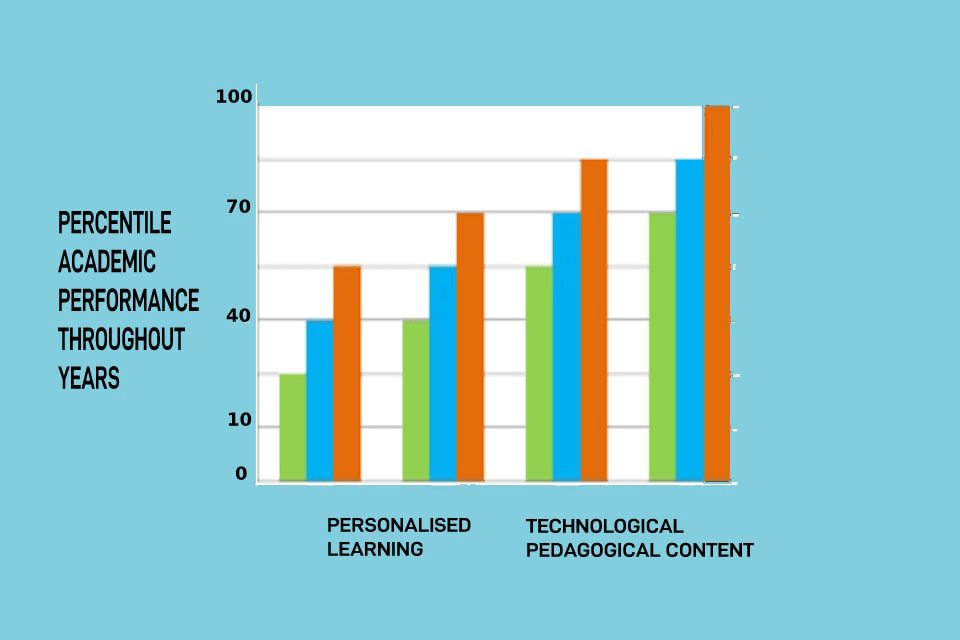
The technological pedagogical content refers to the teaching method of modern teachers that has technology-friendly matter. The basic role of a teacher is that of a guide. A guide who is responsible for not only educating their students but also understand their student’s interests and strengths. They should act as a beacon of guidance for their students to develop an ideal way of thinking and learning.
Interlinking and communication
The after-school hours have always been serving the purpose of gaining additional knowledge and broadening interconnected relations between tutors and students. This is carried out with auxiliary after-school coaching classes and student tutors social-media interaction. The future will entail a more radical approach besides this, where students may not even have to attend the classrooms physically.
Digital classrooms have a modern and arguably, more effective learning approach. The applications of digital tutelage are infinite. The 2030 student generation will be seeking the mentorship of their teachers via digital routes. Social media channels such as Twitter, Facebook, WhatsApp accounts, online communities will be facilitated with more advanced upgrades. Teachers will be utilizing diverse digital channels to stay connected to their students.
One to one device technology
One to one is the learning program where every student is provided with a device for individual learning. Many schools have already implemented this method in their teaching methodology for various programs. The future generation can look out for more practical applications of this program in learning new technologies. This will give rise to an increased number of skilled individuals with enhanced knowledge and information.
Technology incorporated courses will be the future curriculum of students which will be taught and learnt through one to one device technology.
However the idea of learning through personally allocated devices in the classroom sound troubling for traditional teachers who are worried that such provisions will do more harm than good. Distractions and misuse of data are among the topmost list of their notions.
Things will change and in the next 10 years and such concerns will be resolved.
Real-world practical application
Theoretical knowledge raises its importance when altered into a pragmatic application. The real-world application of education has unlimited potential. For student’s benefits, theoretical knowledge should be blended with practical experience that they can utilize for their career prospects.There is no purpose of knowledge without quantification. Schools should allow their students to gain real-world experiences through the education they receive in their classrooms. Speaking of which, teaching should not be limited to classrooms.
Education in 2030 will be project-based where students will have the opportunity to choose the right career path based on the self-gained experience. School boards will provide multiple opportunities for students to participate in the internship programs of companies that will broaden the scope for students to gain useful skills through real-world experience.
The concept of techno-future of education is not hypothetical any more. With the worldwide achievements in the development of advanced digitalisation, soon milestones for ideal education would be created. In the next 10 years, the Neo-world will be graced with a technologically advanced generation of young leaders, whose origin was started with the elite form of education.

